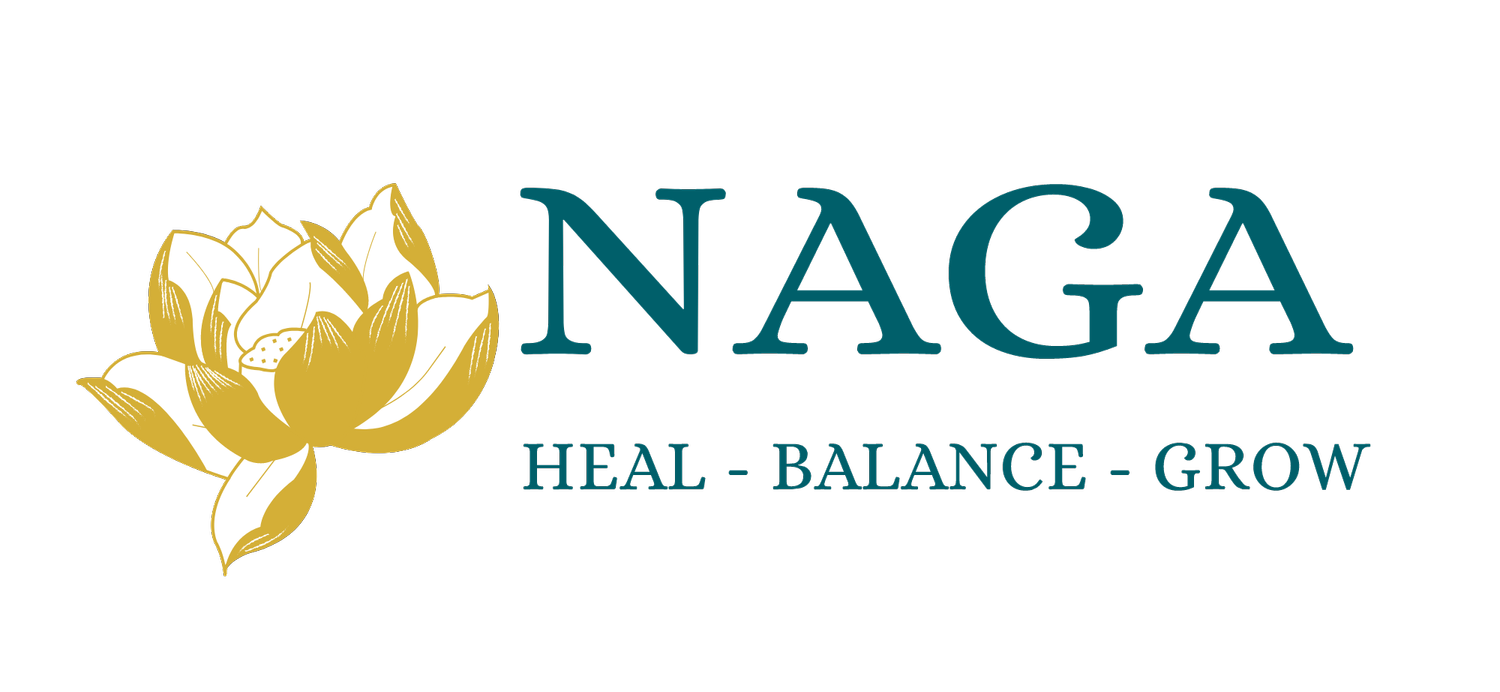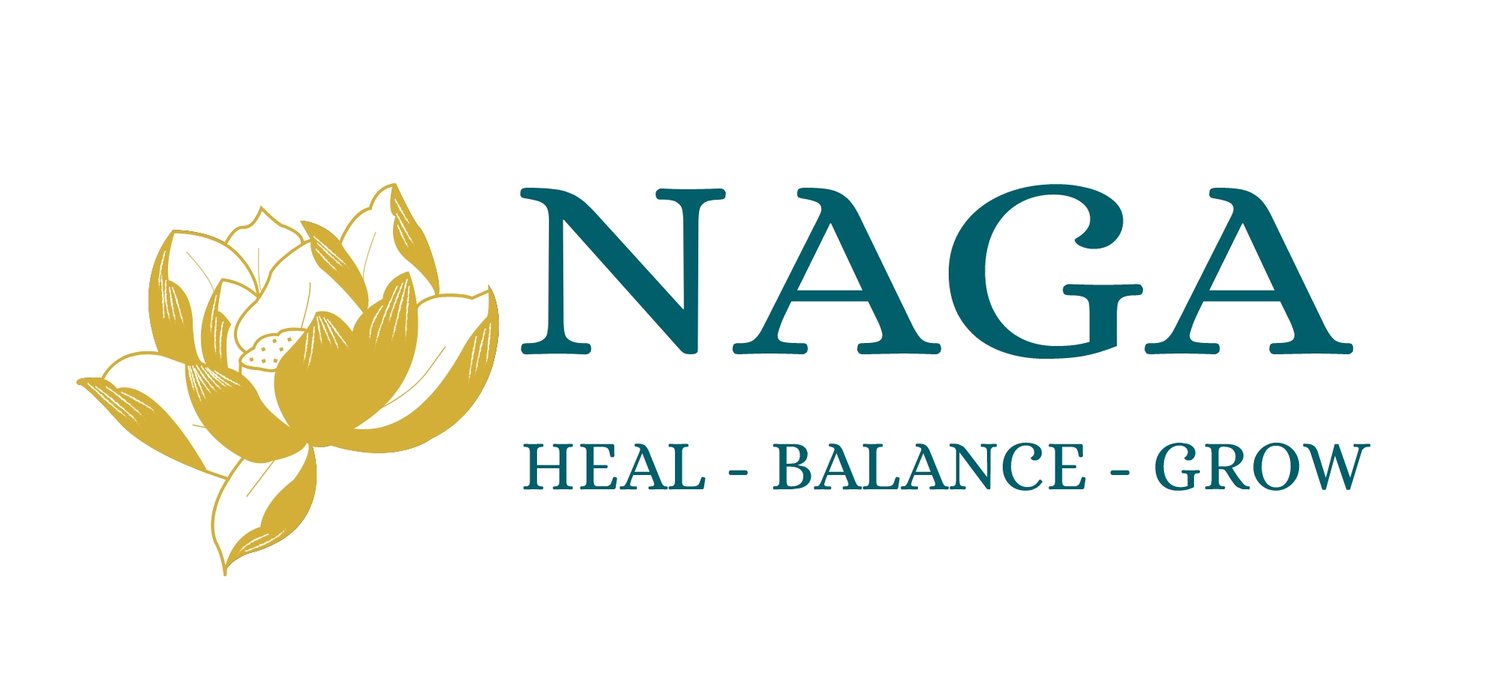The Transformative Influence of Nutrition on Life
{Nutrition part 2: “Influence of nutrition on our well-being”}
The food we consume is not just fuel for our bodies; it's the foundation for a healthy, vibrant life. Let's explore the transformative power of nutrition and how making mindful choices can pave the way to a better, more energized you.
“Let food be thy medicine and medicine be thy food”
- Hippocrates
Fueling Your Body, Nourishing Your Mind
Imagine your body as a high-performance machine, and food as the premium fuel that keeps it running smoothly. Nutrition plays a pivotal role in supporting bodily functions, from boosting energy levels to strengthening the immune system. A well-balanced diet rich in essential nutrients is not just about looking good; it's about feeling great and performing at your best.
Studies consistently show that a nutritious diet is linked to improved cognitive function. Omega-3 fatty acids, found in fish, flaxseeds, and walnuts, are known to enhance brain health, aiding in concentration and memory. Antioxidant-rich foods, such as berries and leafy greens, protect against oxidative stress, promoting a sharper mind and reducing the risk of age-related cognitive decline.
Energize Your Day with Smart Food Choices
Ever experienced the mid-afternoon slump, where fatigue sets in, and productivity takes a nosedive? The culprit might be your lunch choices. Opting for a nutrient-dense meal, comprising lean proteins, whole grains, and plenty of colourful vegetables, can sustain your energy levels throughout the day. Say goodbye to the energy rollercoaster and hello to sustained vitality.
Additionally, hydration is often overlooked but is equally vital for maintaining peak performance. Water is the body's natural elixir, aiding in digestion, nutrient absorption, and temperature regulation. Make it a habit to reach for that water bottle regularly and experience the refreshing difference it makes.
A Recipe for Radiant Health: Balanced Nutrition
Achieving and maintaining a healthy weight is a common goal for many, but it's important to recognize that the benefits of nutrition go beyond the scale. A balanced diet not only supports weight management but also contributes to overall well-being. Incorporating a variety of nutrient-rich foods ensures that your body receives the vitamins and minerals it needs to thrive.
Consider the Mediterranean diet, renowned for its heart-healthy benefits. Rich in fruits, vegetables, whole grains, and olive oil, this diet is associated with reduced risks of heart disease, stroke, and even certain cancers. Embracing a similar approach to eating can be a delicious journey towards a longer, healthier life.
In the idyllic islands of Okinawa, Japan, the Okinawa Diet has been credited for the region's remarkable longevity. Rich in vibrant vegetables, tofu, and seafood, this diet emphasizes balance and moderation. With a focus on nutrient-dense foods and mindful eating, Okinawans showcase the power of a wholesome, plant-based diet in promoting health and longevity.
The macrobiotic diet, rooted in ancient Eastern philosophy, embraces whole, unprocessed foods to achieve balance and well-being. With a foundation in grains, vegetables, and beans, it promotes harmony between the body and the environment. This mindful approach extends beyond food, emphasizing lifestyle choices for a holistic, health-centric lifestyle that aligns with nature's rhythms.
Individual dietary needs stem from a complex interplay of factors. Genetics, metabolism, lifestyle, and health conditions vary, influencing nutritional requirements. Personal preferences, cultural influences, and ethical considerations further shape dietary choices. Moreover, age, activity levels, and goals like weight management or muscle building contribute to diverse nutritional needs. Factors like food allergies and intolerances necessitate personalized diets to avoid adverse reactions. Emotional and psychological aspects also play a role, in impacting eating habits. Recognizing the uniqueness of each individual enables tailored dietary plans that align with specific needs, ensuring optimal health, energy levels, and overall well-being. Ultimately, embracing a personalized approach to nutrition empowers individuals to make choices that resonate with their bodies and lifestyles.
Nutrition: The Cornerstone of Well-being
Nutrition serves as the bedrock of our well-being, influencing every facet of our health. The foods we consume provide the essential building blocks for our bodies, impacting energy levels, immune function, and overall vitality. A well-balanced diet, rich in nutrients, forms the foundation for optimal health. Complementing this, lifestyle choices, including physical activity, stress management, and sleep, further contribute to overall wellness. While treatments play a crucial role in addressing specific health concerns, they are most effective when built upon a solid nutritional and lifestyle framework. Recognizing the symbiotic relationship between these elements empowers us to cultivate a holistic approach to well-being, ensuring a resilient and thriving foundation for a healthier life.
The Time to Invest in Your Future Self is Now
Your body is a temple, and the choices you make today lay the foundation for your future health. Investing in a nutrition-centric lifestyle isn't just a trend; it's a commitment to a better, more vibrant version of yourself. Whether you're a busy professional, a parent juggling multiple responsibilities, or someone looking to enhance their overall well-being, the power of nutrition is in your hands.
In conclusion, don't underestimate the impact that mindful nutrition can have on your life. By making informed food choices, you're not just satisfying hunger; you're providing your body with the tools it needs to thrive. Take the first step on your journey to a healthier, happier you—unlock your full potential through the transformative power of nutrition.
Thank you for reading and hope to heal you soon!

